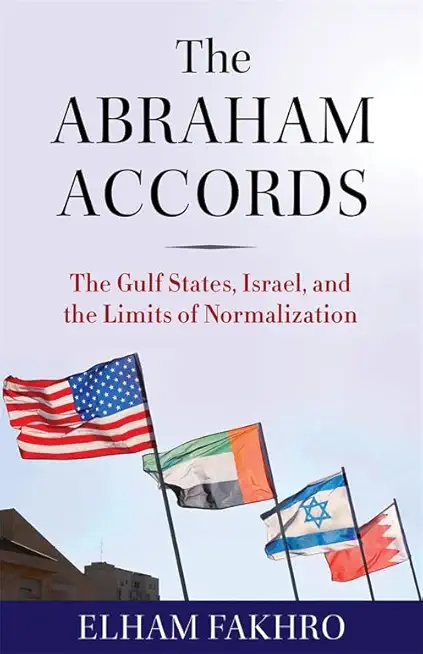
Fakhro, Elham
product information
description
unced that his administration had brokered a groundbreaking treaty between Israel and the United Arab Emirates, the first normalization agreement between Israel and an Arab state in more than twenty years. Soon afterward, Bahrain joined the agreements, known as the Abraham Accords. How were these treaties achieved, and why did the parties involved see normalization as in their interest? In what ways have the accords altered the Middle East's political landscape, and how have they affected the question of Palestine? This book is a groundbreaking in-depth analysis of the Abraham Accords, shedding new light on their causes and consequences. Elham Fakhro demonstrates how shared security concerns, economic interests, and regional political shockwaves led to a surprising strategic convergence between the Gulf states and Israel, setting the stage for covert relations to come out into the open. She examines the role of the Trump administration in negotiating the agreements and shows how the UAE and Bahrain have instrumentalized the accords to burnish their reputations in Western capitals. Fakhro underscores how Washington's Middle East policy shifted toward expanding the agreements at the expense of attention to the Israeli-Palestinian conflict--with profound costs. Offering a critical lens on a much-hailed agreement, this book argues that the pursuit of normalization in isolation from a lasting solution to the conflict has entrenched the conditions that continually plunge the Middle East into crisis.
member goods
No member items were found under this heading.
Return Policy
All sales are final
Shipping
No special shipping considerations available.
Shipping fees determined at checkout.







